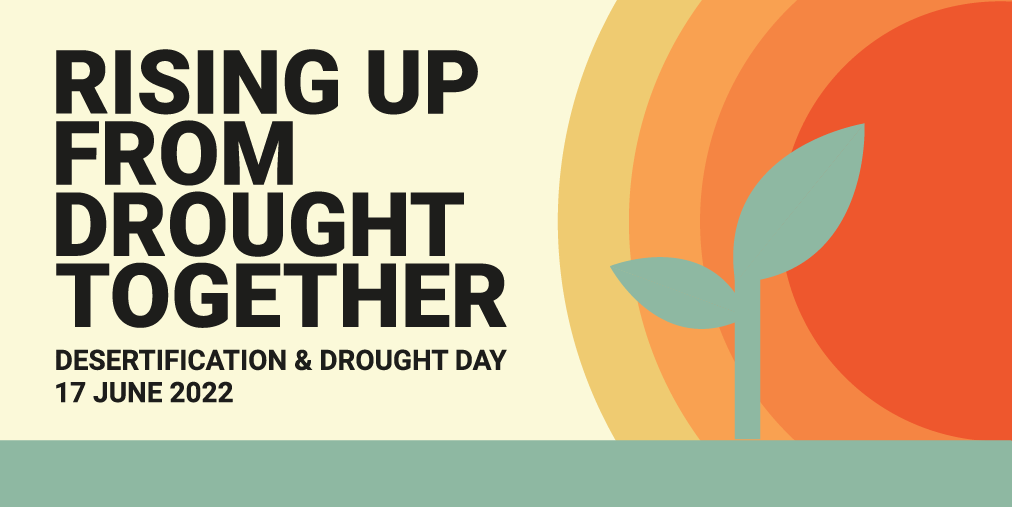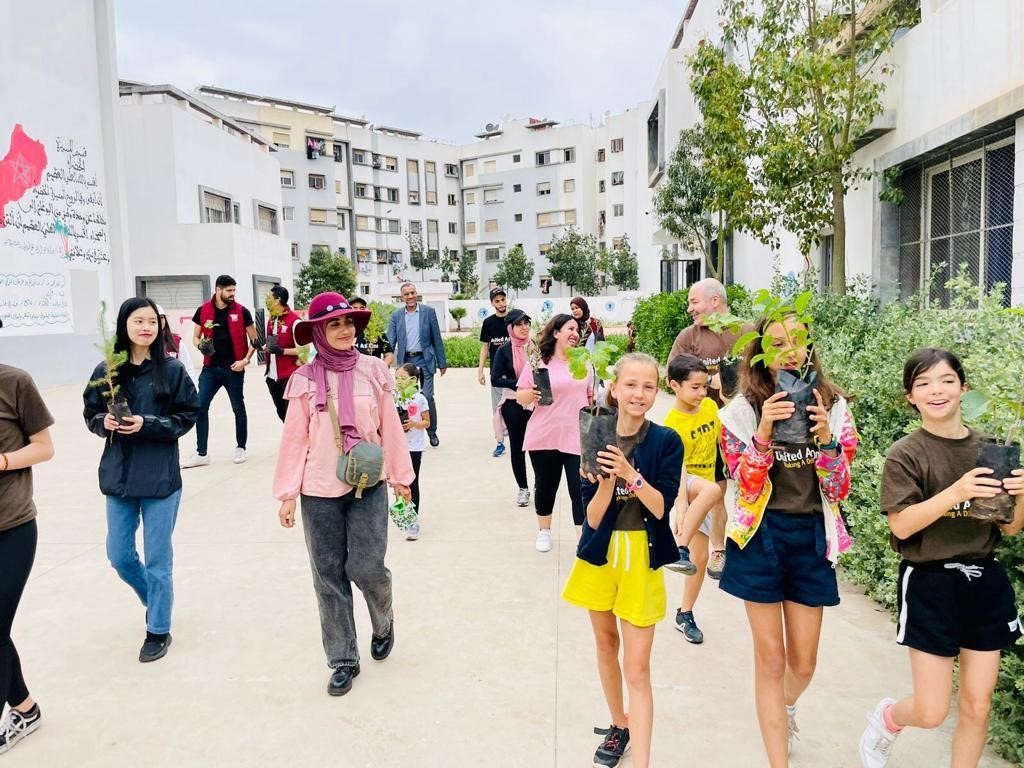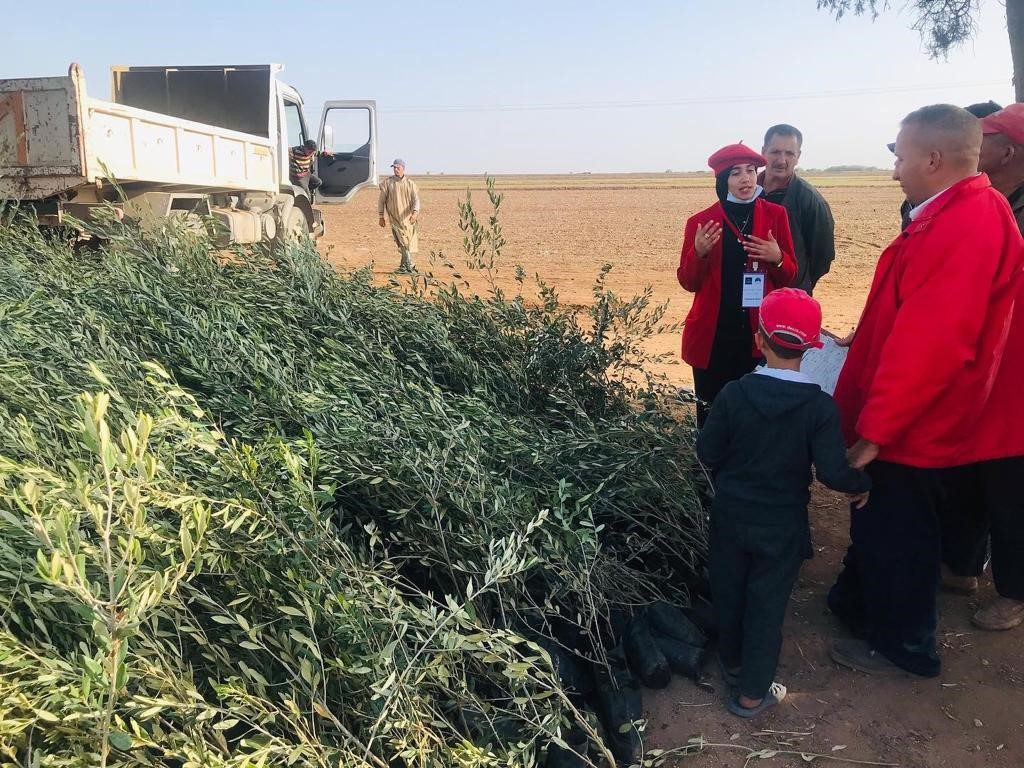Jackson Coldiron

Our planet is becoming less green, less productive, and less habitable. Desertification and drought have played a large role in these unfortunate phenomena.
Desertification does not refer to the advancement of deserts, rather it is the process in which fertile land degrades into desert. It is a brutal, self-feeding cycle. Dryland ecosystems experience exploitation through deforestation, overgrazing, and bad irrigation practices. The land begins to lose its productive nature and deteriorates. Biodiversity losses and greenhouse gas emission gains ensue. Additionally, wild spaces acting as buffer zones that protect against droughts, floods, and sand and dust storms become obsolete.
Drought furthers desertification. Since 2000, the number and duration of droughts has increased by 29 percent. A lack of water and rainfall accelerates the decline of soil fertility and vegetation cover. Land vulnerable to desertification and drought covers roughly one third of the earth’s surface, affecting the livelihood of around 1.5 billion people globally. While the effects are felt more drastically in developing countries, developed countries are also equally at risk.
In 1994, the UN General Assembly declared June 17th World Day to Combat Desertification and Drought to raise global public awareness, mobilize political action and acknowledge and strengthen humanity’s ongoing achievements.
This year on June 17th, Madrid is hosting the “Rising up from drought together” event. Acclaimed scientists, high-level policymakers and youth representatives from all over the globe will be speaking at the Auditorio Museo Nacional Reina Sofia. Topics will range from the role of science in drought prevention and protection to success stories of mitigation and adaptation in Spain and other countries. Furthermore, issue experts will introduce practicable and viable policies.
In Morocco, where desertification affects over 90% of the land, the High Atlas Foundation (HAF) is working to foster a culture of sustainable farming and educational awareness.
The Farmer-to-Farmer program brings 70 agricultural experts to assist at 80 cooperatives in the regions of Marrakech-Safi, Beni Mellal-Khenifra, and Oujda. Here, volunteers from the U.S. and Morocco help to advance irrigation and water infrastructure assessments and establish agroforestry techniques. These are two key elements in developing sustainably on arid land to ensure it remains fertile and productive.
HAF also has two nurseries located at Centers for Protection of Children, where detained teenage boys receive technical training in organic fruit tree agriculture. Additionally, the foundation has implemented planting projects at hundreds of public schools across the country. These efforts elevate the environmental consciousness of Morocco’s youth and promote the lifelong benefits of organic agriculture, volunteering, and public service.
Desertification and subsequent drought are some of the greatest challenges Earth faces. However, humanity has made great strides towards combating land degradation and protecting vulnerable nations. Take some time today—World Day to Combat Desertification and Drought—to either explore some of HAF’s sustainable development programs, stream the UNCCD “Rising up from drought together” event, or simply have a conversation with family or friends. The more educated and involved we are as individuals, the faster we can evolve into a peaceful and sustainable planet.





